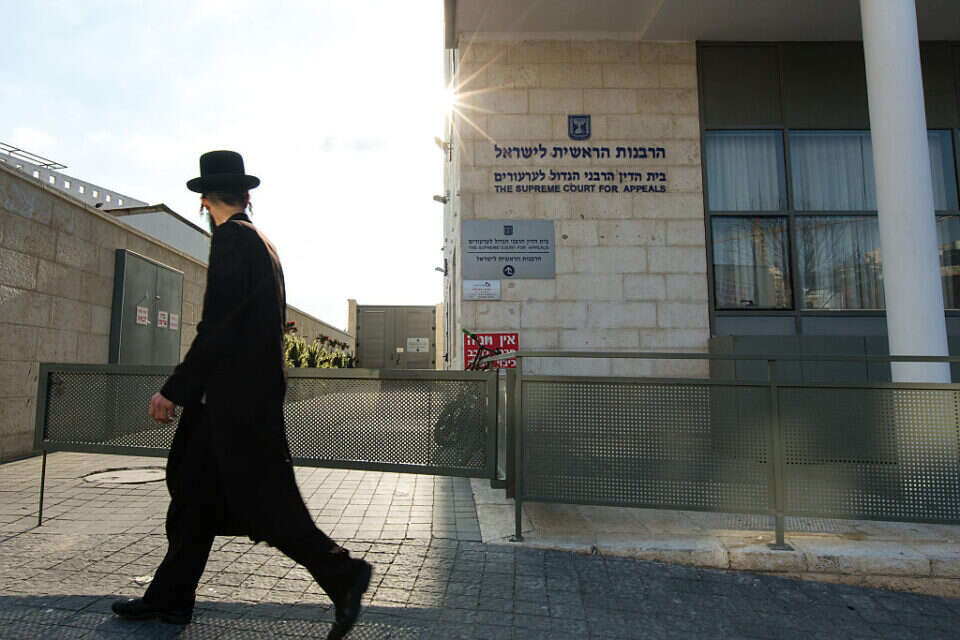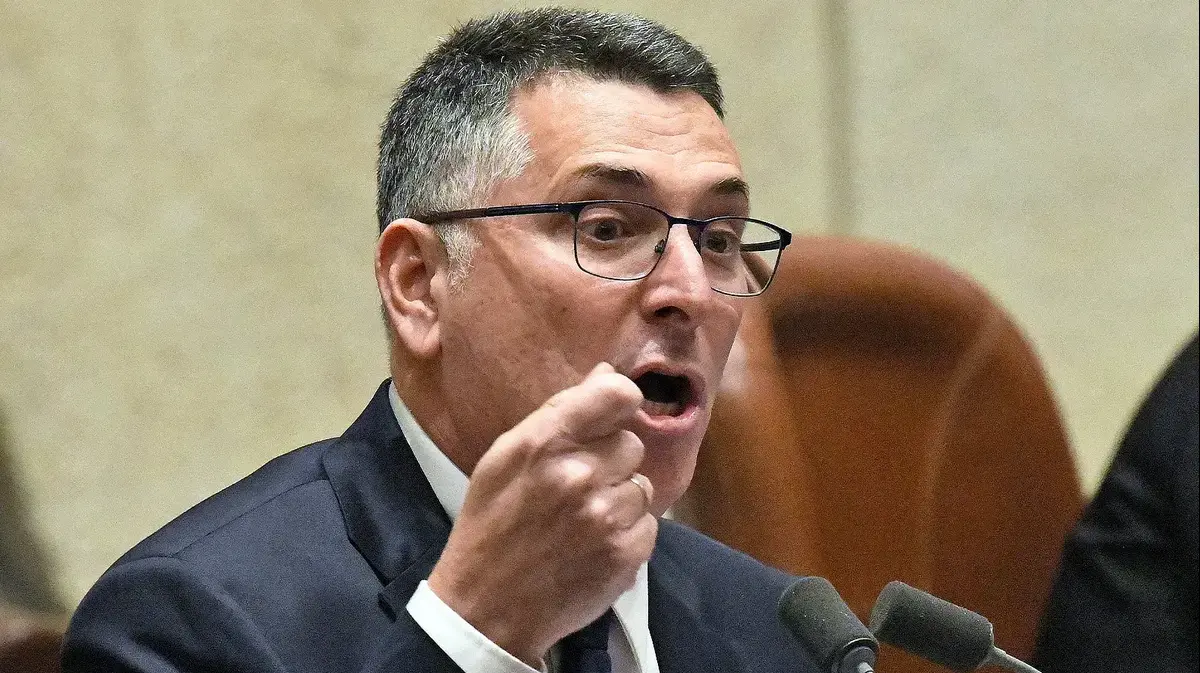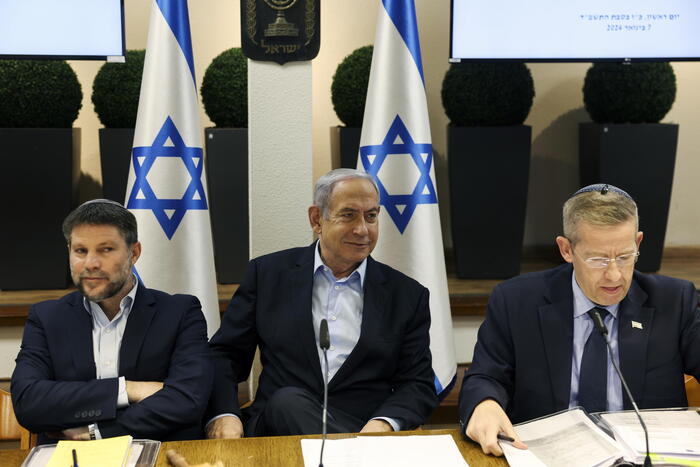For years, the Conservatives, the Reformers, and in recent years also increasing voices from Orthodoxy, have been trying to bring about the weakening of the Chief Rabbinate and the end of its monopoly in many areas.
Dozens of campaigns, millions of shekels and countless strategic plans were used to think about how to offer the Israeli public Jewish alternatives to the cycle of life.
It is common to think that this effort has partial success, which is mainly expressed in the field of marriage.
The latest figure is that 25% of married couples in Israel do so in a ceremony outside the rabbinate.
But in fact, this relentless effort - to change the face of religion-state relations in Israel - is bearing fruit from an unexpected direction.
Surprisingly, in recent months the great successes in crushing the rabbinate's monopoly have been recorded by its greatest consumers: the sons and daughters of religious Zionism.
To understand the magnitude of the move, one has to go back to 1921, when the Chief Rabbinate of Israel was established by Rabbi Avraham Yitzchak HaCohen Kook, as part of the British need to manage the Mandate area and the religious groups sitting in it.
Contrary to popular belief, the Chief Rabbinate was not ultra-Orthodox from the day of its establishment, but almost Zionist-religious.
To be precise: the chief rabbis always looked ultra-Orthodox, but at least the first ones were not ultra-Orthodox as they are today.
One of them, ironically, was Rabbi Kook, the spiritual father of religious Zionism.
And perhaps in this connection lies the whole matter.
Despite the history of the rabbinical institution, those who found themselves continuously excluded from the leadership of religious services were actually members of religious Zionism, despite the historical NRP control of these ministries. This exclusion is the story of religious Zionism, which on the one hand was perceived by the ultra-Orthodox as "insufficiently religious", and by the secularists as insufficiently Zionist.
The arrival of Naftali Bennett to the Prime Minister's Office and of Matan Kahana to the Ministry of Religious Affairs is one of the bottlenecks that this sector has gone through on its way to the center of the Israeli consensus.
And now that they have finished conquering the heart of Zionism, the national-religious sector has turned to trying to rule the dome.
To paraphrase the words of the IDF, who rules the dome - rules the country.
The demand of the right-wing party to control the Ministry of Religions and the anchoring of three issues of religion and state in the binding coalition agreement between it and Yesh Atid is a consequence of the same move.
The sharp reaction of the ultra-Orthodox parties and the chief rabbis to the reforms led by Minister Kahana, including the chief rabbi's letter that he will not give a hand to the conversion reform, indicate the depth of understanding: the celebration is over.
The ultra-Orthodox argument for violating halakhah covers up their true fear of dismantling centers of power and money that have been ruled by the ultra-Orthodox hegemony for decades.
But Minister Kahana's reforms are one aspect.
The meeting of the Minister of Communications, Yoaz Handel, with the Admors is part of the same move. That has prevailed in the general public for a long time: a sense of two states, two autonomies one of which is governed by law, and the other by what they interpret as the words of God.
But the chief rabbinate also makes a crucial contribution to the deterioration of its public status: abuse of agunot and refusal of divorce, Jewish investigations as part of the marriage process, rabbis' statements against women, LGBTs, corruption in the kashrut system - and this is only a partial list. , Without saying a single word to the victims and their strengthening, is another nail in the coffin of the Chief Rabbinate.
The Chief Rabbinate is not relevant to the citizens of the State of Israel.
Married people vote with their feet and ring, converts choose not to convert or prefer other avenues, business owners give up kosher or choose alternative kosher, and now - religious Zionism uses the struggle infrastructure of conservatives and reformers, renounces the chief rabbinate and offers the Israeli public to serve.
The next step, committed to reality, must be to promote true pluralism in Israeli institutions and religious services so that every Jew - whether Conservative, Reform, Orthodox or secular - can feel at home in their country.
Were we wrong?
Fixed!
If you found an error in the article, we'll be happy for you to share it with us









